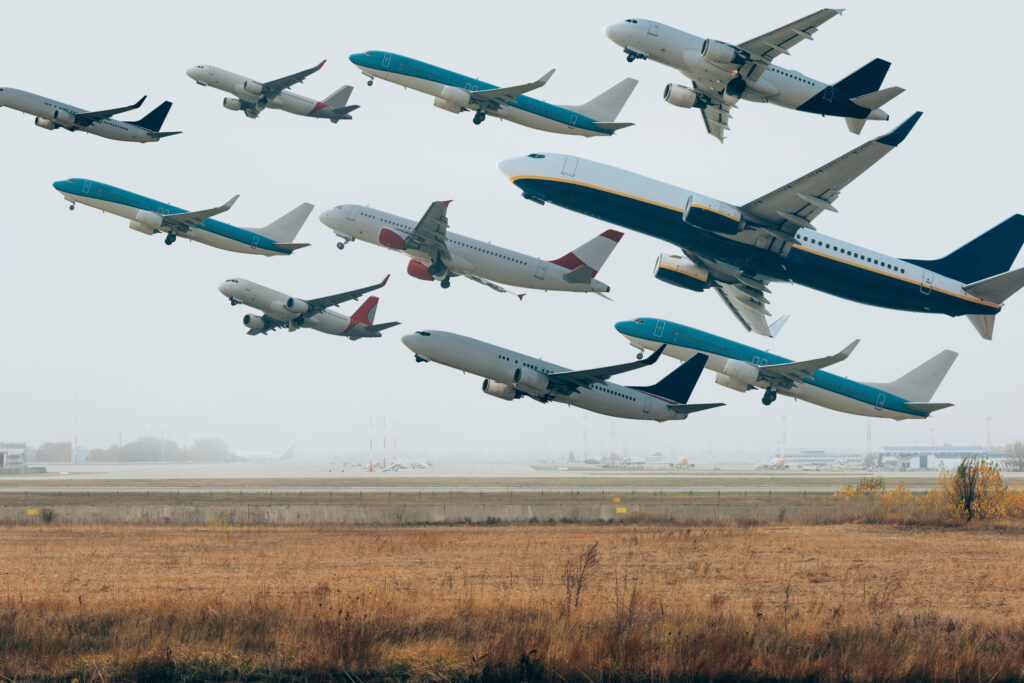
Introduction
In a world where aviation plays a critical role in economic development and global connectivity, the regulatory frameworks governing competition and consumer protection are vital. The 2001 decision in Virgin Atlantic Airways Ltd. v. British Airways PLC, 257 F.3d 256 (2d Cir. 2001), offers key lessons for Kenya as it seeks to modernize its aviation laws and support its national carrier, Kenya Airways, in an increasingly competitive regional market.

Case Background: Virgin Atlantic v. British Airways
| Parties | Virgin Atlantic Airways Ltd. (Plaintiff) vs British Airways PLC (Defendant) |
| Jurisdiction | United States Court of Appeals, Second Circuit |
| Year | 2001 |
| Legal Issue | Alleged anti-competitive conduct by British Airways |
| Key Allegations | Virgin claimed British Airways’ incentive agreements with agents and corporates were anti-competitive |
| Ruling | The court held that Virgin failed to demonstrate anti-competitive or predatory behavior by British Airways |
Virgin, a newer airline at the time, struggled to match the vast network of British Airways, a legacy carrier. It sued, claiming that British Airways’ agreements with travel agencies and corporate customers amounted to unfair market manipulation. The U.S. court disagreed, noting that Virgin failed to prove any illegal or predatory business conduct.
Legal and Policy Insights for Kenya
The judgment offers valuable guidance for Kenya as it continues to revise and strengthen its aviation sector. Kenya Airways faces serious challenges, not just from internal inefficiencies, but also from competitive pressures within the region. Here are three areas where Kenya could draw lessons:
1. Market Access and Route Rights
Kenya can strengthen its Bilateral Air Services Agreements (BASAs) to:
- Ensure reciprocal and fair access to airspace.
- Support growth of regional carriers.
- Encourage diversity and equity in international aviation routes.
These reforms would ensure that Kenyan skies remain competitive and do not unfairly favor larger or foreign carriers at the expense of local growth.
2. Consumer Protection
Kenya Airways has often been criticized for poor handling of:
- Refunds and cancellations
- Overbooking and flight delays
- Compensation for affected passengers
The Kenyan Civil Aviation Authority (KCAA) could introduce or tighten consumer protection regulations modeled on successful frameworks in Europe or North America.
3. Competition Law

Incentive agreements, such as those used by British Airways, are not inherently illegal. In fact, they can be healthy tools in a competitive environment. Kenya Airways can explore:
- Code-sharing agreements
- Loyalty programs
- Fair but aggressive pricing models
These tools, if used ethically, can level the playing field without resorting to regulatory battles or restrictive practices.
Conclusion
Kenya Airways, once a dominant player, is increasingly overshadowed by nimble regional competitors like Ethiopian Airlines and RwandAir. As a country known globally for its safari tourism and international appeal, Kenya must ask: Does our aviation regulatory framework foster true competition, or protect incumbents from innovation?
By rethinking laws on competition, access, and consumer protection—Kenya has a real opportunity to revive Kenya Airways and reposition itself as a leader in African aviation.
For more insights pertaining to this matter, you can reach the writer at maureen@mmsadvocates.co.ke. You can also find us at MMS Advocates, Lower Duplex Apartments, Lower Hill Road, or email us at info@mmsadvocates.co.ke

